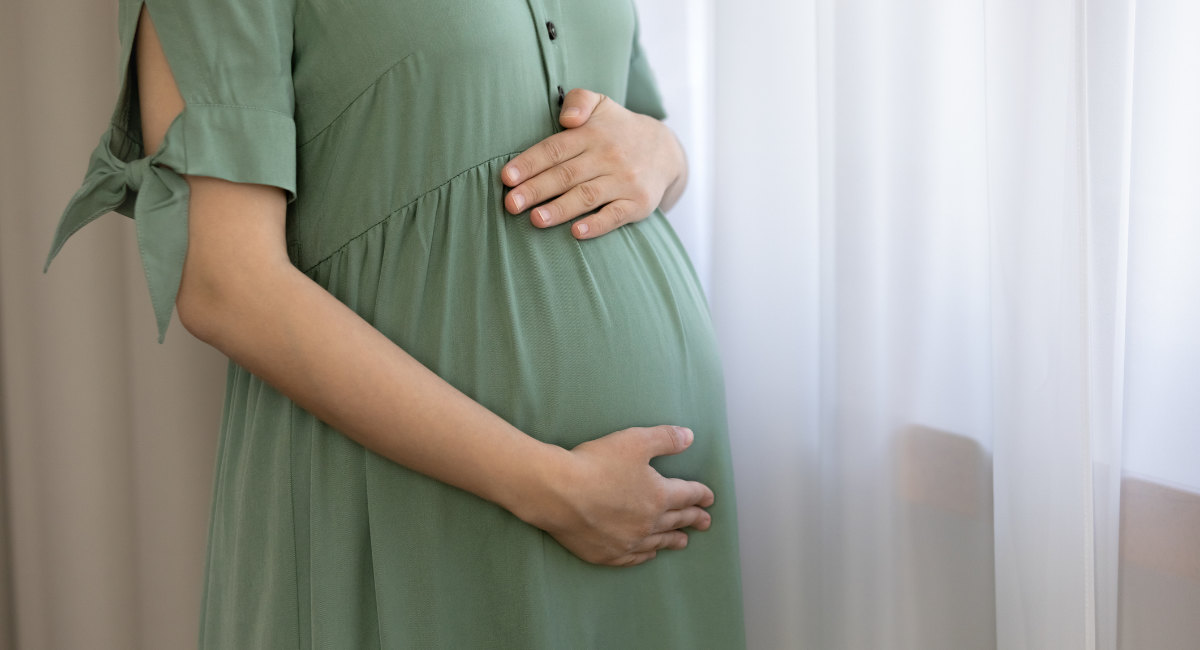Despite having experienced numerous controversies and exploitation, the country of Thailand is planning to, once again, allow foreign couples to pursue surrogacy using Thai women.
According to Reuters, Thai legislators will amend a law that previously banned foreign couples from renting the bodies of Thai women. “We will amend the law that will allow foreign couples to receive surrogacy service here based on regulations,” Arkhom Praditsuwan, deputy director-general of Health Service Support Department, said. There will allegedly be requirements of those seeking surrogacy in Thailand; it will only be available for married couples, and the baby must be “guaranteed protection and rights in the couple’s home country,” according to Arkhom.
The amendment must first be approved by the cabinet before the Thai parliament and senate can vote on it.
In 2015, Thailand put an end to their previously-flourishing surrogacy industry, when the Baby Gammy controversy caused outrage across the world. Baby Gammy and his twin sister, Pipah, were born to Pattaramon Chanbua, a Thai surrogate hired by an Australian couple, David John Farnell and Wenyu Wendy Li. At seven months, the couple found out she was carrying twins, and that one of the twins — Gammy — had Down syndrome. The couple told the surrogate to have an abortion, but she refused, so after the children were born, they left Thailand with Pipah, but abandoned Gammy.
READ: Surrogacy is riskier for both women and babies than most people realize
The controversy only worsened when it was discovered that Farnell was a registered sex offender, forcing the Australian government to find a solution to the issue of Pipah’s custody. Ultimately, they decided that the “least unsatisfactory” option was for Pipah to stay with Farnell, but to be given a book explaining, in an age-appropriate manner, what her father’s offenses were every three months and for her to never be permitted to be alone with him. “In essence, the document records, in terms a young child will learn to understand, the history and method of Mr Farnell’s offending,” Justice Thackray said in his judgment. “It is designed to help Pipah understand why she is not permitted to spend time alone with her father, and serves as a reminder to the safety network of the need for vigilance.”
Additionally, Thailand faced another international surrogacy when a transnational surrogacy ring was discovered. Multiple children were fathered by one Japanese man, using multiple surrogates, and the children were then trafficked.
As Them Before Us founder Katy Faust has said, “Here’s your reminder that (unlike adoption) adults who procure children via #surrogacy undergo no screening or background checks.”
Thailand’s surrogacy industry was largely unregulated before, but while there are said to be more regulations now, it is still concerning that surrogacy will be legal there again — especially because, as the Daily Mail reported, it will be a budget option for wealthy American couples. While an American surrogate can cost nearly $200,000, a Thai surrogate can be purchased for just $10,000.







